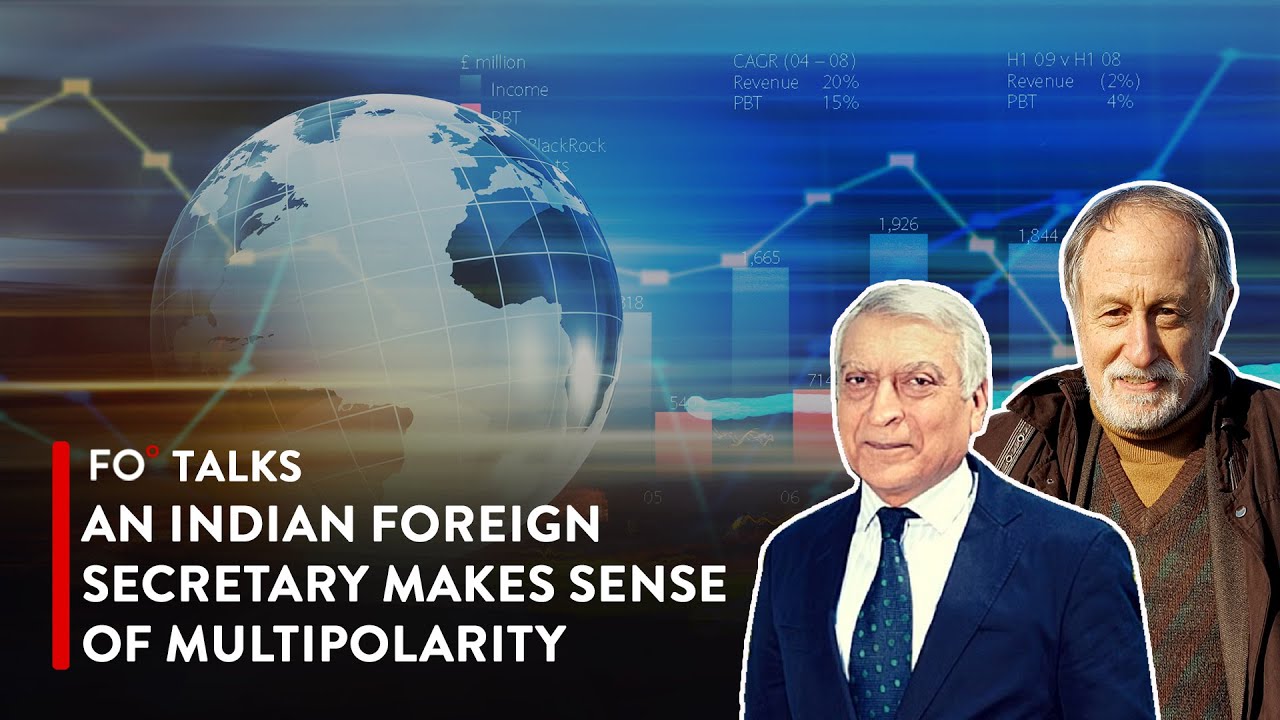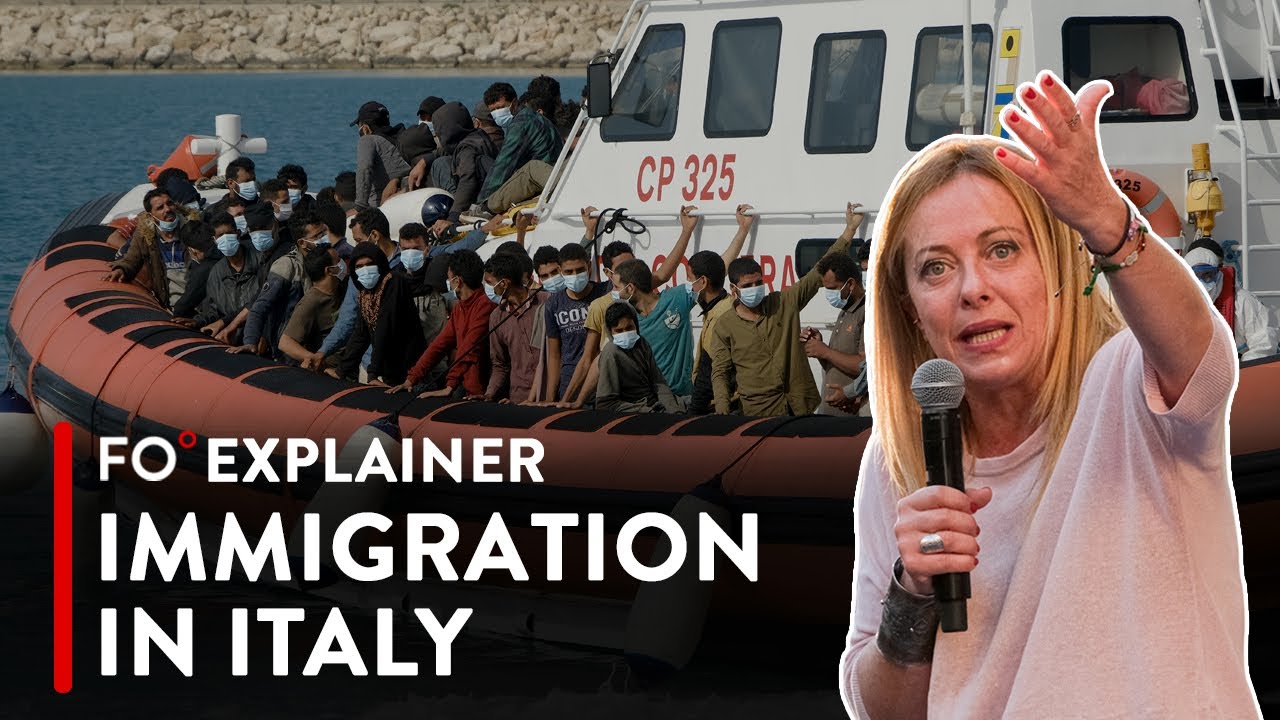In this segment of FO° Exclusive, Atul Singh and Glenn Carle discuss President Recep Tayyip Erdoğan’s recent victory in the Turkish presidential election.
Carle argues that the election, while technically free, was stacked in favor of the incumbent—with restrictions on press freedom, and Erdoğan’s most charismatic opponent in jail—rendering his win unsurprising, to say the least.
Singh takes the view that Erdoğan won because the Turkish people opted for national security over economic prosperity. The Turkish president has followed supremely stupid economic policies. In particular, he has cut interest rates at a time of rising inflation. In the past, Singh has written about how Erdonomics is driving Tukey to disaster. Yet he acknowledges that Erdoğan has some great strengths. He has been able to project himself as a modern day sultan who is keeping Turkey safe at a tricky time in a tough neighborhood.
Fundamentally, voters preferred Erdoğan’s Islamist, nationalist, and anti-Kurdish outlook to a ragtag coalition of Kemalists, Kurds and Islamists. The opposition had little in common except a united hatred of Erdoğan. Singh also observes that opposition candidate Kemal Kilicdaroglu had the charisma of a dead mouse. No wonder Erdoğan, a charismatic street fighter and a rabble rouser, beat Kilicdaroglu.
Despite Erdoğan’s anti-West rhetoric, Carle does not foresee a strongly anti-Western Turkish foreign policy; Turkey is no ally of Russia or Iran, and is likely to move closer to its US and European partners to counterbalance its regional rivals. Whether Erdoğan, who holds heterodox economic views, will be able to cooperate with the West on the economic front remains to be seen.
Whatever happens going forward, it is clear that Turkey, like other middle powers across the world, will continue to chart out an increasingly assertive and independent foreign policy.
[Anton Schauble wrote the first draft of this piece.]
The views expressed in this article/video are the author’s own and do not necessarily reflect Fair Observer’s editorial policy.





























